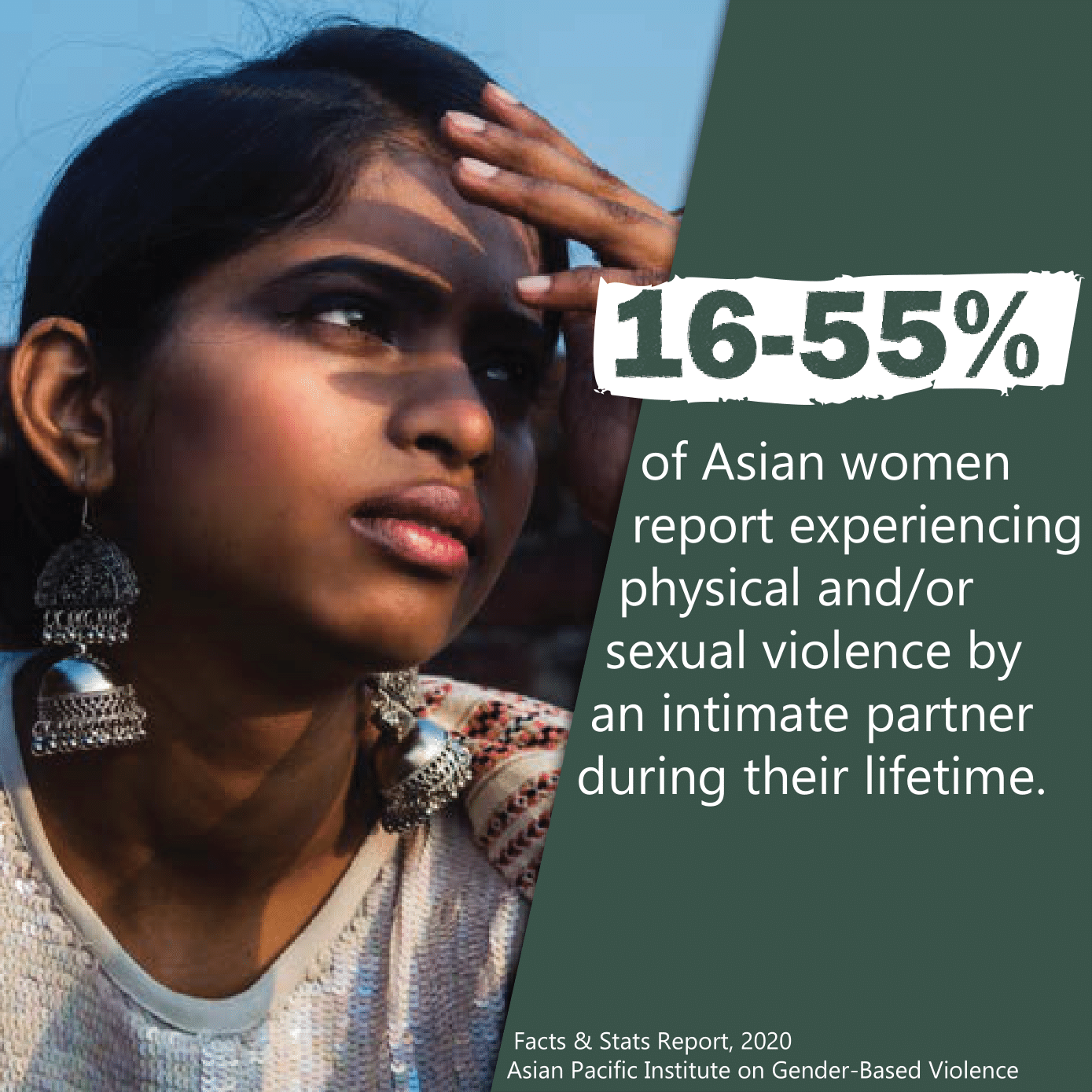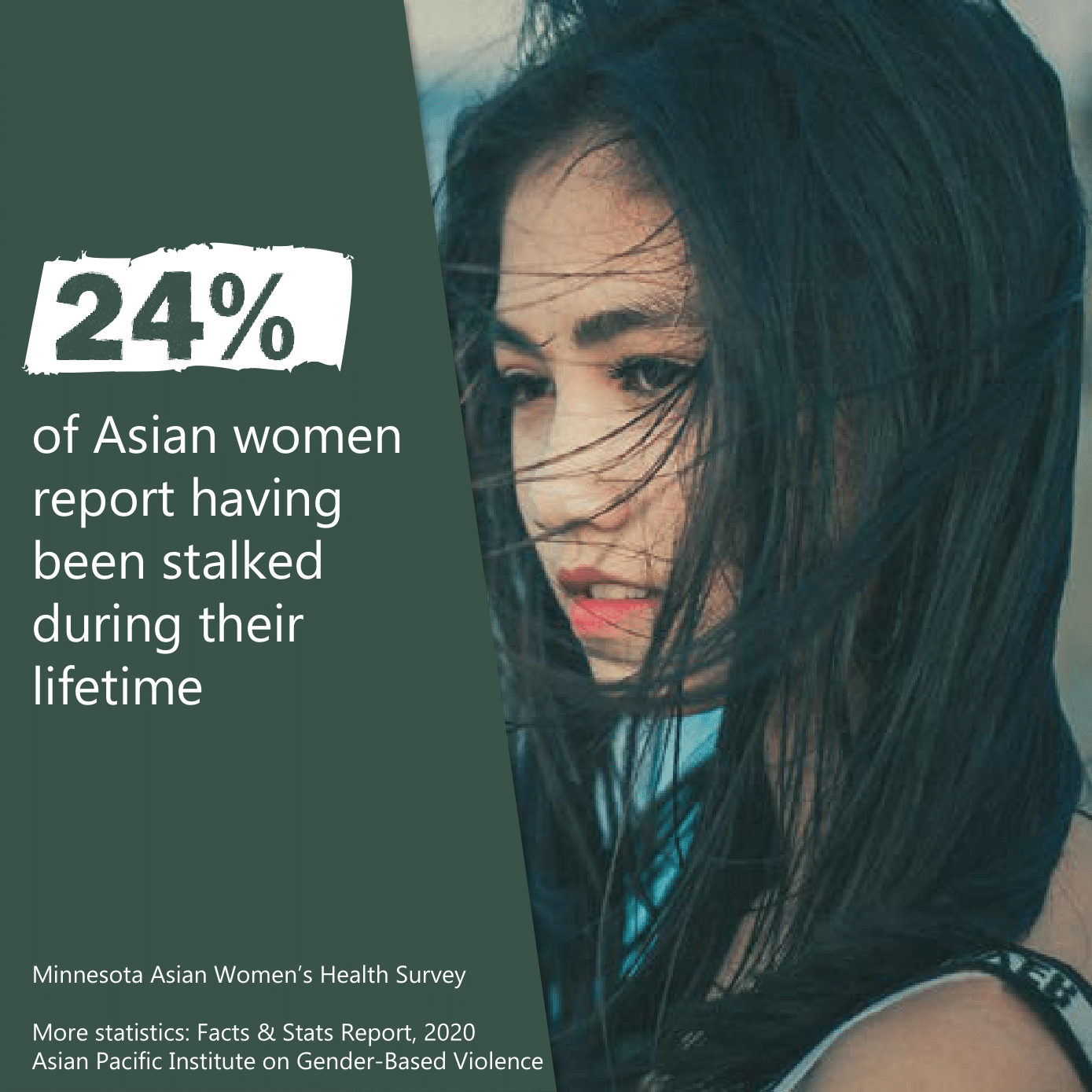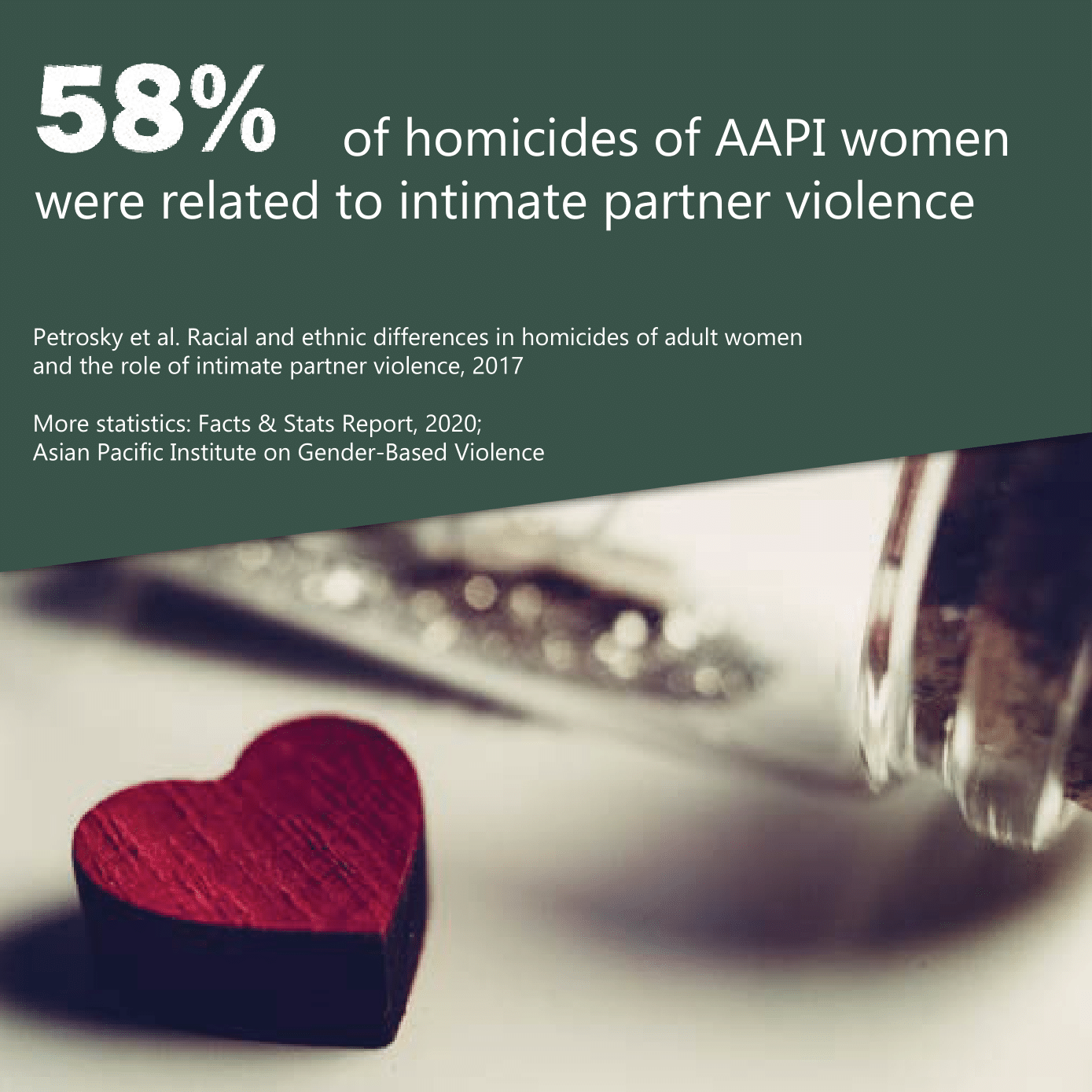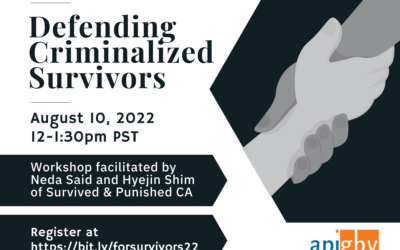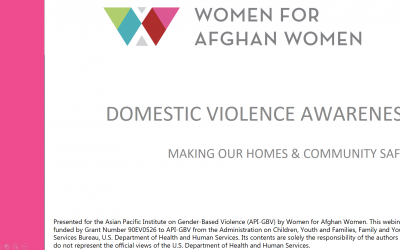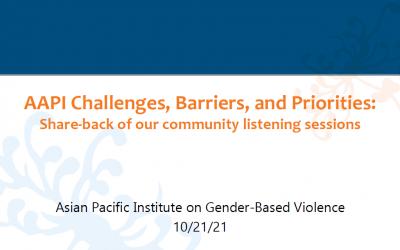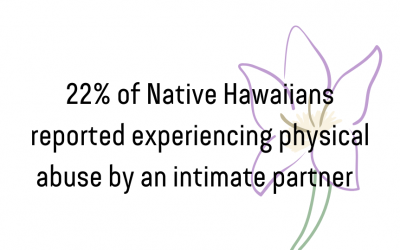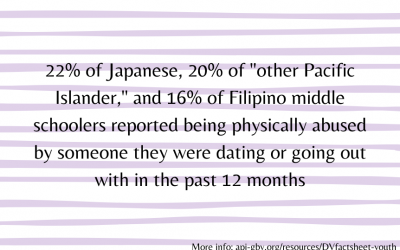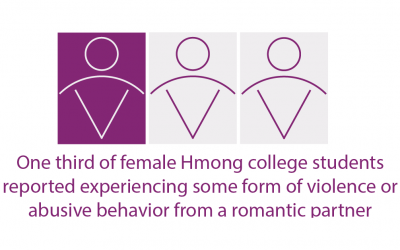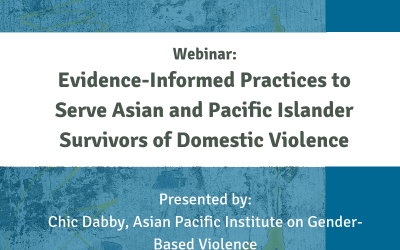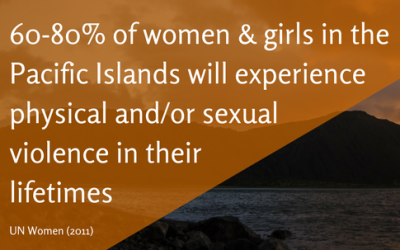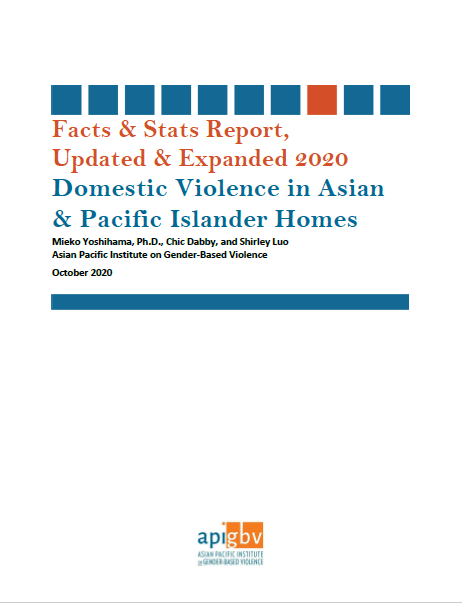The 2020 updated and expanded Facts and Stats Report contains new statistics on domestic violence, community attitudes, health and mental health impacts, help-seeking behavior, domestic violence related homicide, and more. The Facts & Stats Report, consistently among our most downloaded publications, is our most comprehensive collection of peer-reviewed, reliable data on abuse affecting AAPI communities.
Help us share and promote the release of the 2020 Facts & Stats Report by sharing these graphics on your platforms!
Related Resources
Defending Criminalized Survivors Workshop
What happens when the laws that are supposed to protect survivors of domestic violence and sexual assault become turned against them? Survivors can be criminalized for reacting in self-defense, participating in criminal activity under their abusers’ coercion, or for failing to protect their children from witnessing or being impacted by violence in the home. Survivors of color, who struggle with mental health or substance dependency, or who otherwise don’t fold the “perfect victim” mold are disproportionately incarcerated. In this workshop, API-GBV will be joined by Hyejin Shim and Neda Said of Survived & Punished, who will guide participants through a discussion of the criminalization of survivors, and how advocates can support criminalized survivors.
Making Our Home and Community Safe: Responding to Afghan Evacuees
Following the sudden withdrawal of U.S. military presence from Afghanistan nearly 100,000 Afghan refugees were evacuated to the United States, with many still remaining on U.S. military bases and resettlement to happen by the end of January 2022. Many evacuees now face uncertainty related to their immigration status, concern about families back in Afghanistan, and the challenge of acclimating to life in the U.S.
AAPI Challenges, Barriers, and Priorities: Share-back of our community listening sessions
Over the past year and a half, API-GBV strove to learn more deeply from our community of front-line advocates, national partners, systems contacts, and allies through a series of listening sessions, assessment, and surveys. During this webinar, staff shared themes and...
Relationship Violence in Five Los Angeles Asian American Communities: Intergenerational Risk and Strengthening Factors
This study explores risk and protective factors in five Asian American communities: Cambodian, Chinese, Korean, North Indian Hindu, and Pakistani Muslim. These factors include cultural traditions, norms, attitudes and beliefs, particularly around gender roles, intergenerational family dynamics, intimate relationships, and approaches to child-rearing. This study involved 23 semi-structured focus groups (163 total participants) to gather the perspectives of youth/young adults, parents, community leaders, and service providers in six different languages across the five communities.
How COVID-19 and Systemic Responses Are Impacting Asian and Pacific Islander Survivors of Domestic Violence and Sexual Assault
This advisory explains how the COVID-19 outbreak is impacting Asian and Pacific Islander (API) survivors of domestic violence and sexual assault, and describes policies enacted to address the pandemic including the CARES Act, and API and immigrant survivors’ eligibility for the programs and services offered in the legislation, as well as the implications of utilizing the services. The Advisory also discusses the effect of systematic responses to the COVID-19 crisis and the unique issues that API survivors face that systems must account for to support survivor safety during the pandemic.
Factsheet: Domestic Violence, Sexual Violence, and Human Trafficking in Native Hawaiian Communities, 2020
Statistics, and information on domestic violence, and human trafficking in Native Hawaiian communities
Factsheet: Dating/Hookup Abuse and Campus Sexual Assault among Asian and Pacific Islander Youth
A collection of information and statistics on dating abuse and sexual assault affecting API teens and youth
Domestic and Family Violence in Hmong Communities, 2019
Demographic data, statistics, and resources on domestic violence, sexual assault, and other forms of abuse in Hmong communities
Evidence-Informed Practices to Serve Asian/Pacific Islander Domestic Violence Survivors, 2018
To address the domestic violence dynamics and trends in API communities, advocates have designed programs based on an intimate knowledge of their communities and the needs of API survivors. This webinar identifies the differing dynamics and current domestic violence trends API immigrant and refugee survivors are facing. It will describe the A-Z Advocacy Model’s inventory of evidence-informed practices and the foundational principles that anchor this unique model.
Fact Sheet: Pacific Islanders and Domestic & Sexual Violence, 2018
A compilation of statistics on domestic violence, sexual violence, trafficking, and help-seeking.
by Mieko Yoshihama, Ph.D., Chic Dabby, & Shirley Luo
API-GBV
Updated and Expanded, October 2020
